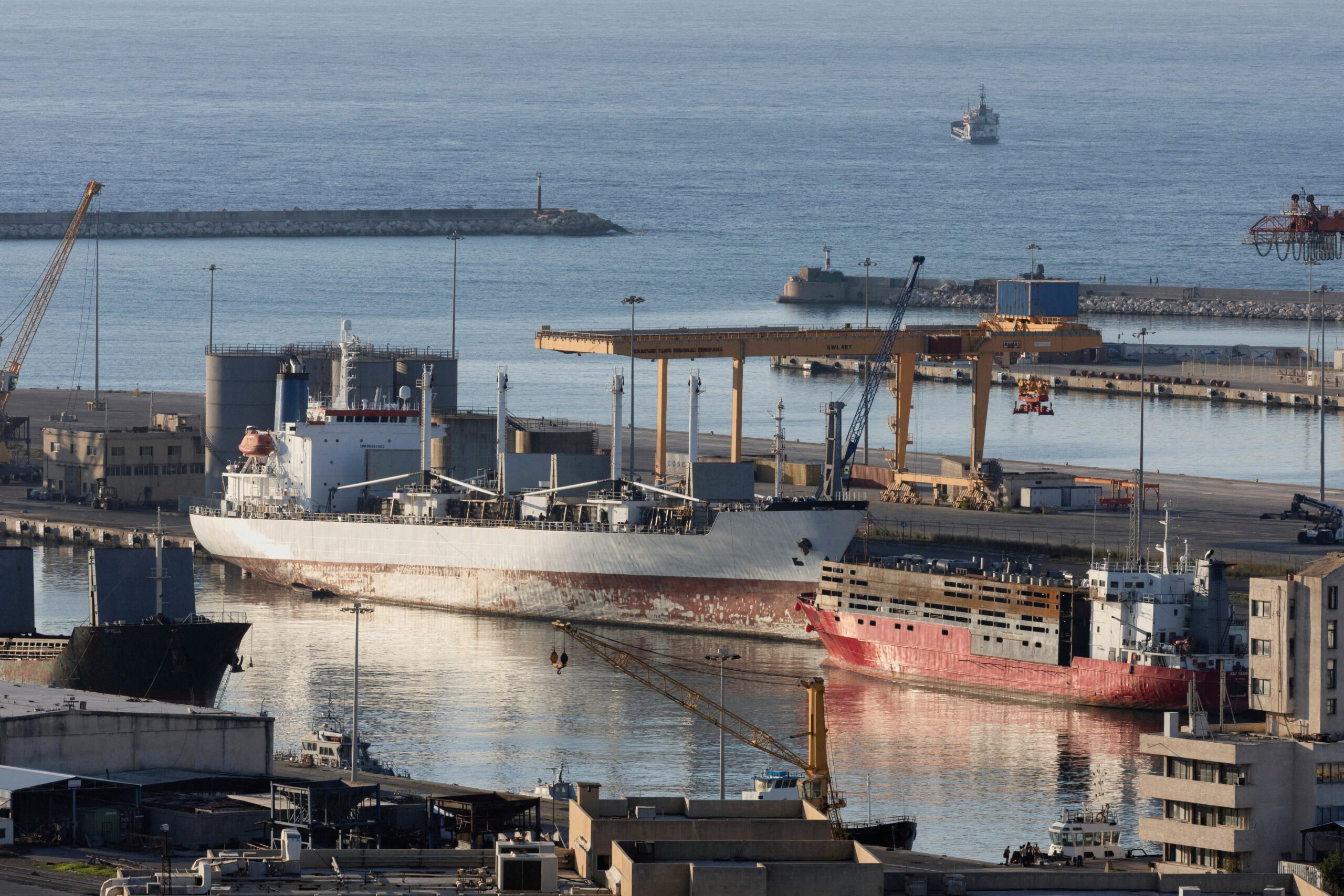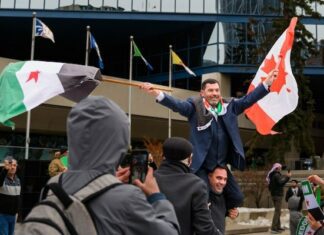
The European Union has informed Syria’s Caretaker Government (SCG) that the removal of Russian military bases is a key condition for lifting sanctions, according to a senior EU official. The official, speaking in Brussels ahead of a January 27 meeting of EU foreign ministers, emphasized that eliminating all foreign military presence, including Russia’s, is essential for normalization with the bloc.
“We have already informed the new Syrian authorities that the normalization process depends on removing all forms of foreign presence, whether military or otherwise,” the official said, as reported by Russian news agency TASS. Syria’s current leadership responded that it would “study the matter.”
The EU’s High Representative for Foreign Affairs and Security Policy Kaya Kallas echoed these statements, saying that any easing of sanctions would be contingent on the actions of the new government in Damascus. “If they do the right things, we are ready to take the necessary steps, but if they go in the wrong direction, we are prepared to reimpose some sanctions,” Kallas told Turkish media.
Tartous Port Agreement Canceled
The new administration has already taken steps to reassess Syria’s economic agreements with Russia. It recently canceled a 49-year contract with Russian company Stroytransgaz to manage and operate the strategic port of Tartous.
Tartous Customs Director Riad Judi confirmed the termination, stating, “The port’s revenues are now entirely for the benefit of the Syrian state.” However, Moscow has not officially been informed of the decision. Kremlin spokesperson Dmitry Peskov referred questions about the cancellation to Russia’s foreign and defense ministries.
The contract, signed in 2019 under the Assad regime, was intended to expand and modernize the port, with investments exceeding $500 million. Syrian sources suggest the administration is working to restructure the port and reduce customs fees to enhance its competitiveness with neighboring countries.
Uncertain Future for Russian Bases
Russia maintains two major military facilities in Syria: The Hmeimim airbase in Latakia, established in 2015, and the Tartous naval base, which has been operational since 1971 under a Soviet-era agreement. Discussions between Moscow and Damascus over the future of these bases are ongoing.
Russian Foreign Minister Sergei Lavrov stated that his country is open to a “constructive dialogue” regarding military cooperation. Speaking at a recent press conference, Lavrov suggested that Russian bases could temporarily serve as humanitarian centers to aid the Syrian population.
Moscow, however, insists that existing agreements are legally binding and in accordance with international law. “The deployment of Russian bases in Syria is stipulated in international treaties,” Lavrov said while acknowledging that changes in Syria’s political landscape may necessitate adjustments.
Despite growing pressure, Syrian Defense Minister Murhaf Abu Qasra confirmed that negotiations with Russia over its bases are continuing. Sources indicate discussions are focused on troop numbers and operational terms, as Russia seeks to ensure a continued presence despite the fall of the Assad regime.
Regional Implications
The transition of power in Syria has disrupted long-standing alliances, with Russia working to maintain influence in the region while the EU pushes for a foreign-free Syria. Observers believe the SCG’s stance on Russian bases will play a crucial role in future diplomatic and economic relations. For now, Damascus appears cautious, balancing international demands with internal pressures as it navigates Syria’s post-Assad future.








